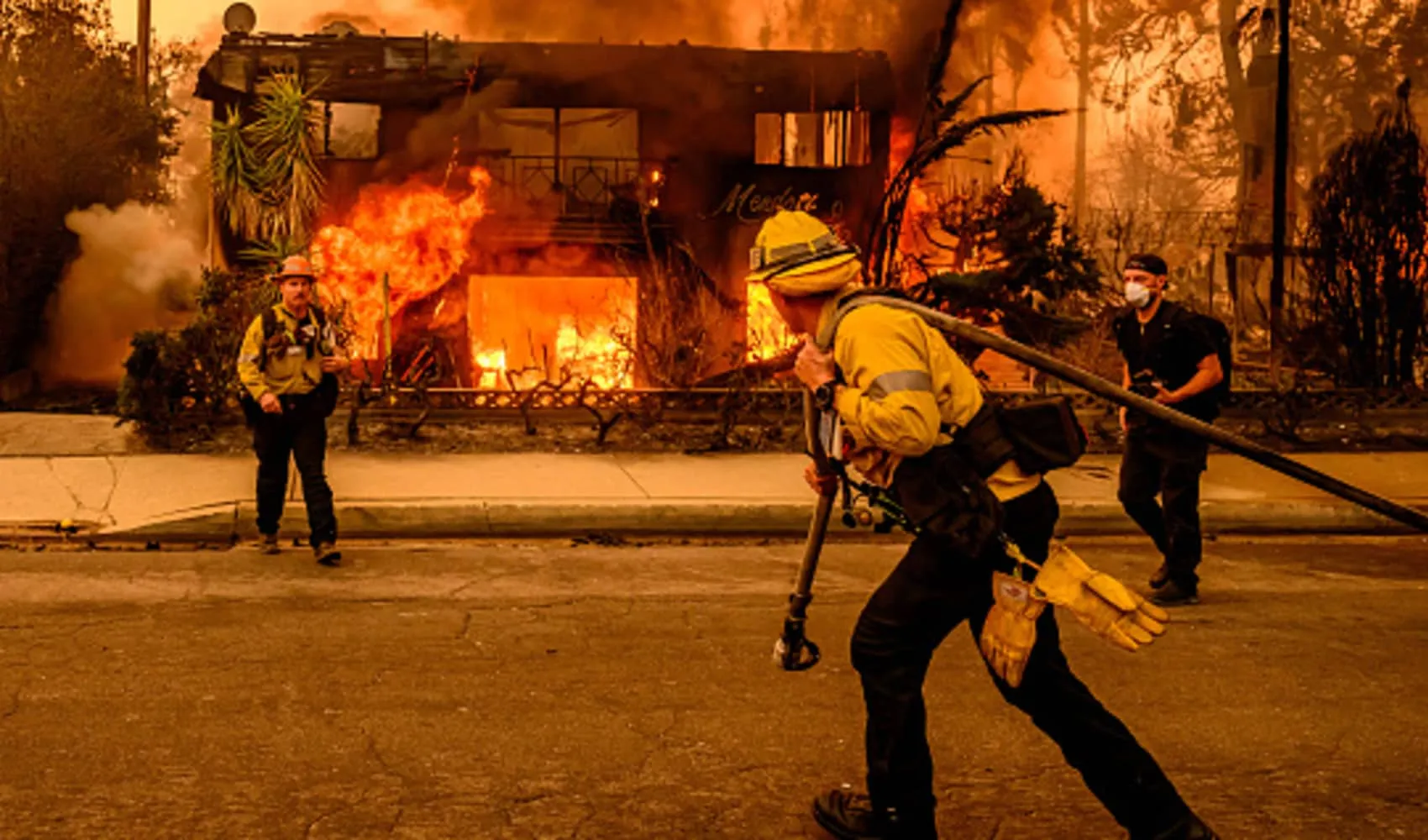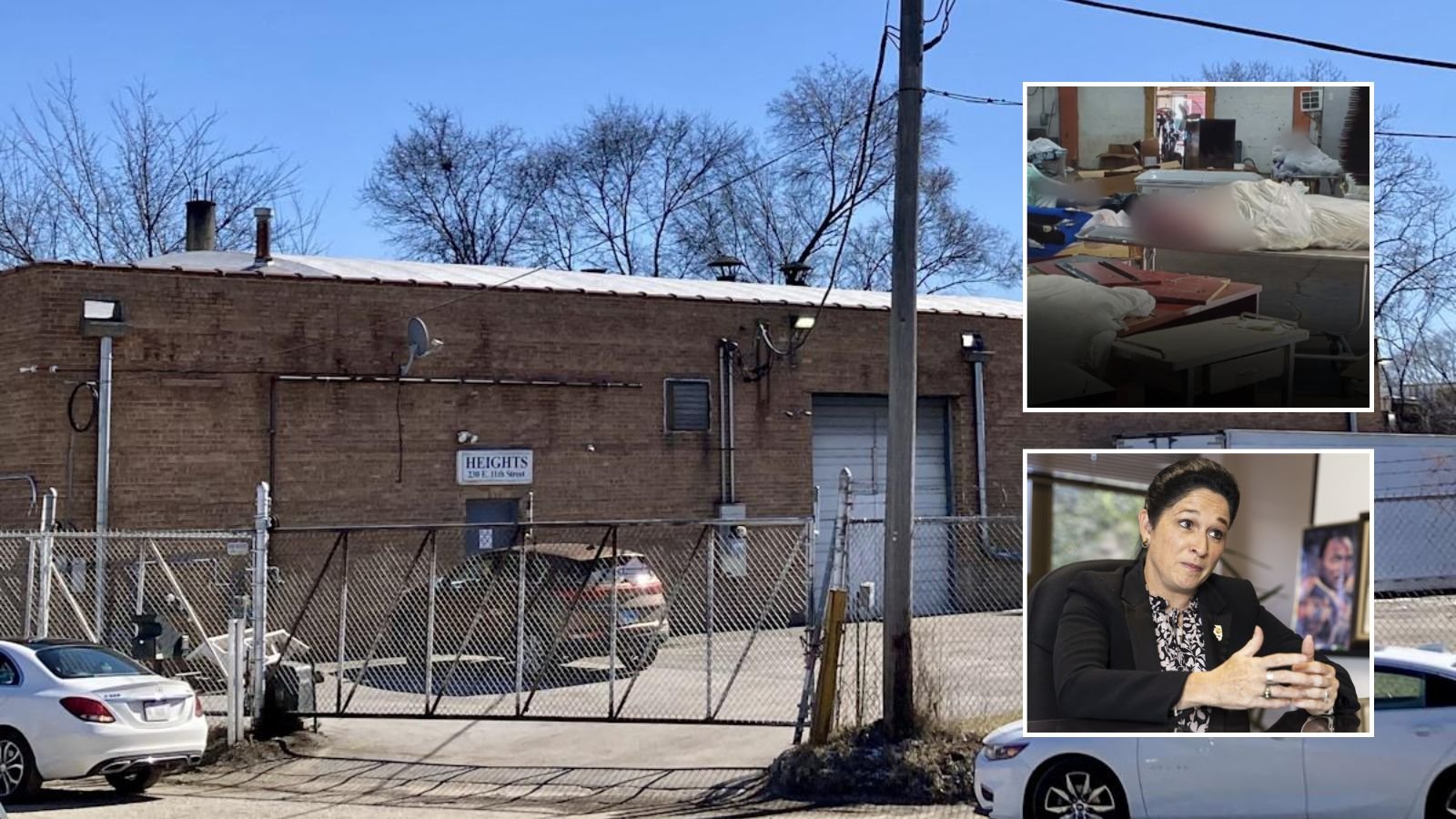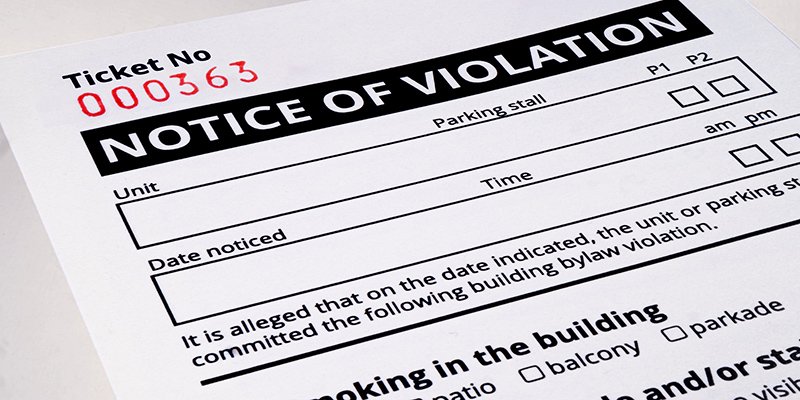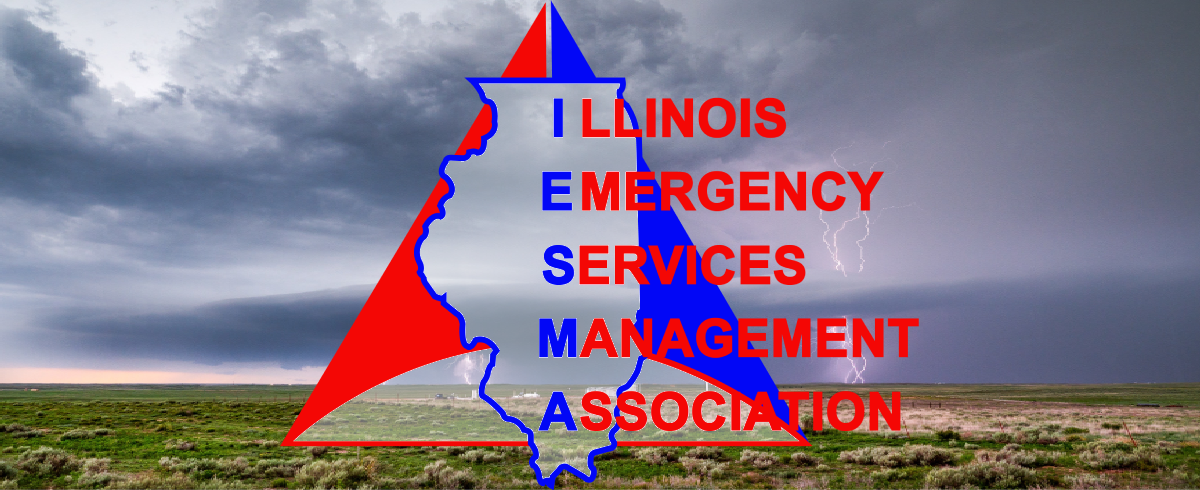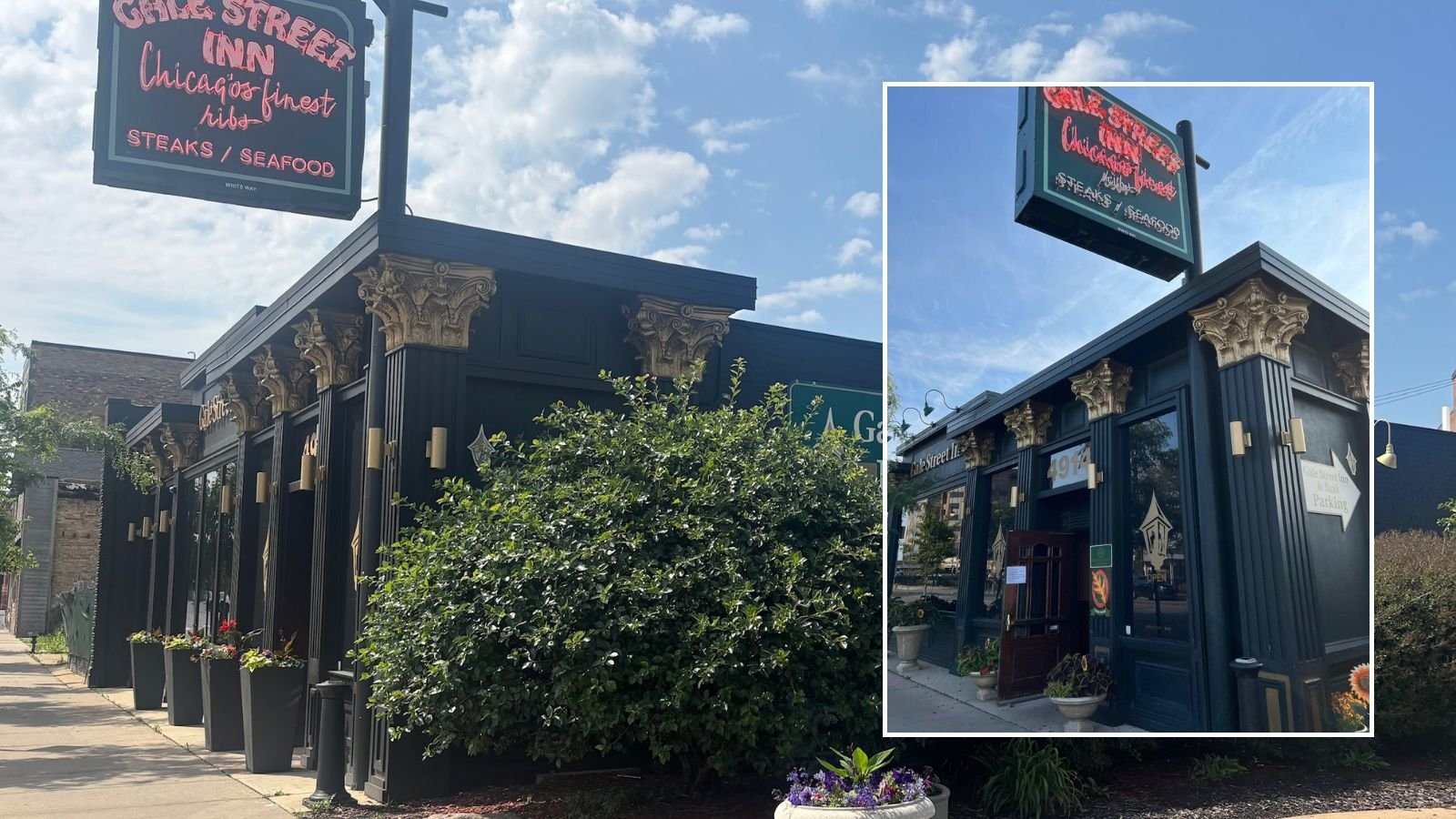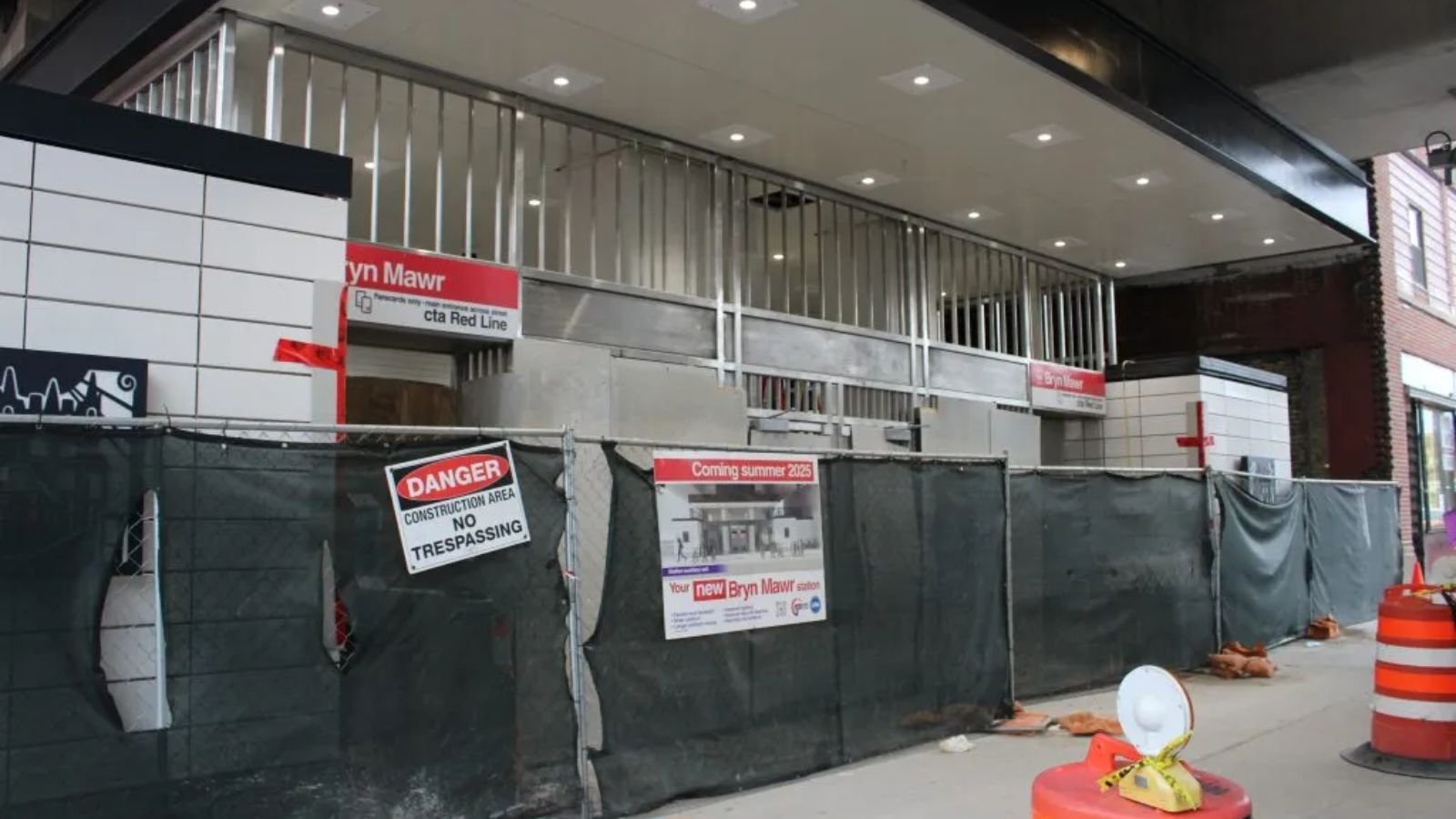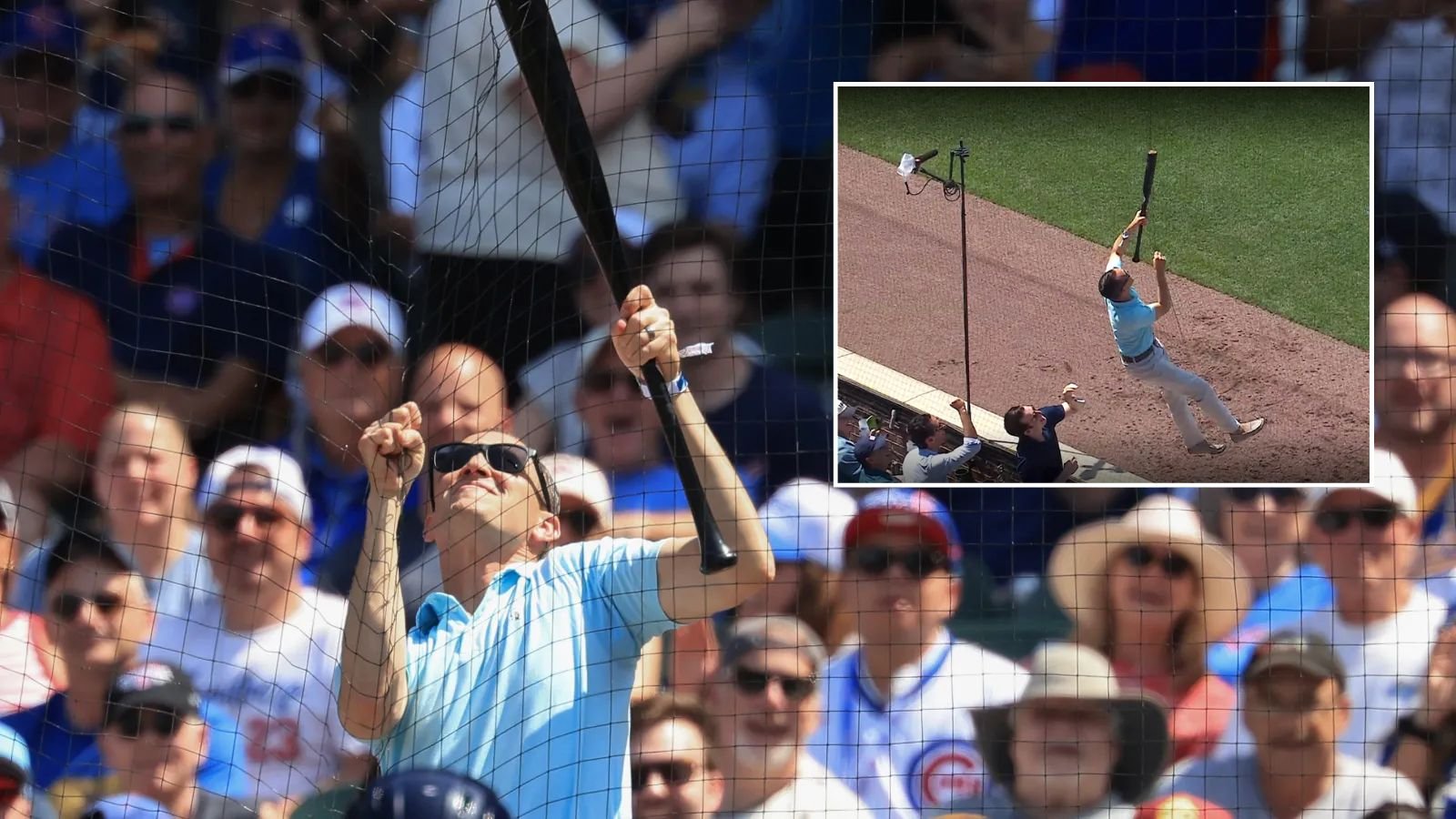CHICAGO — A controversial new policy from the Chicago Fire Department (CFD) is raising alarm citywide after it was revealed that firefighters will now be restricted from entering residential buildings under seven stories unless there is confirmation of someone visibly trapped inside.
The change, referred to in department documents as a shift to “Defensive Operations,” was made official through CFD’s General Order 25-002, dated June 18, 2025, and will go into effect on June 28.
What the New CFD Policy Says
Under the new guidelines, CFD units responding to fires in low-rise residential structures must now:
-
Refrain from entering burning buildings unless a person is visibly trapped inside, or
-
Receive confirmation from dispatch or on-scene witnesses that a victim is still inside.
The official CFD general order explicitly states that “interior attack and search/rescue operations [can occur] only if there are clearly visible victims who are in imminent danger, or if information is received from the Fire Alarm Office or from persons on scene.”
Critics argue this significantly limits the department’s ability to act in time-critical moments, especially in cases where occupants may be unconscious, disabled, or unable to call for help.
A Blaze Observed, But No Action Taken
The policy gained widespread attention following a recent fire on the Northwest Side, where Chicago firefighters were seen watching a house burn from the street — unable to intervene because no one could confirm someone was inside.
Witnesses described the scene as heartbreaking and infuriating, with one bystander shouting, “They’re just standing there letting it burn.”
According to CFD, the fire started on a back porch, but because no confirmation of trapped individuals came through, crews were ordered not to enter.
Read More: Weiss Memorial Hospital Transfers Elderly Patients After AC Failure During Chicago Heatwave
The City’s Justification: Reducing CFD Injuries
City officials and CFD brass say the move is part of an effort to minimize injuries and line-of-duty deaths among firefighters — especially following several high-profile incidents in recent years.
The Fire Commissioner’s signed order emphasizes “safe and proper deployment of company members,” noting that “the fire attack will begin with Defensive Operations.”
But for many, the policy feels like a step too far in the name of safety.
“This turns CFD into spectators,” one veteran firefighter said. “We’re trained to go in. Now we’re being told to wait and watch.”
Liability and Legal Concerns Mount
Critics say the policy could expose the city to enormous legal risk. If someone dies in a fire and it’s later found they were not visible from the outside, the city could face wrongful death lawsuits.
Legal experts say the “observe first, rescue second” approach could violate long-standing expectations of public safety services — and could potentially fail to meet standards of reasonable care.
Chicago’s fire union has not yet issued a formal statement, but internal chatter suggests widespread frustration among rank-and-file firefighters who feel this policy puts them at odds with their sworn duty.
City Council Pressure Expected
Sources inside City Hall say City Council members are already being pressured by constituents to re-evaluate the order. Many residents argue the CFD exists to save lives first — even at great personal risk.
The policy’s timing also raised eyebrows, coming just as summer begins — a season known for a spike in residential fires, often due to air conditioning failures, grilling accidents, or overloaded circuits.
What Residents Should Know
If you live in a building under seven stories, here’s how the new policy may affect you:
-
CFD will not enter your building unless you’re visibly seen inside or a credible report places someone there.
-
Defensive firefighting means firefighters will battle flames from the outside, not inside.
-
If you’re trapped and not visible — you may be left to fend for yourself.
Critics say the only clear winners in this situation are insurance companies.
Have you or someone you know experienced delays in emergency response from CFD? Do you believe this policy strikes the right balance between firefighter safety and public protection? Share your experience with us at chicagosuburbanfamily.com.

